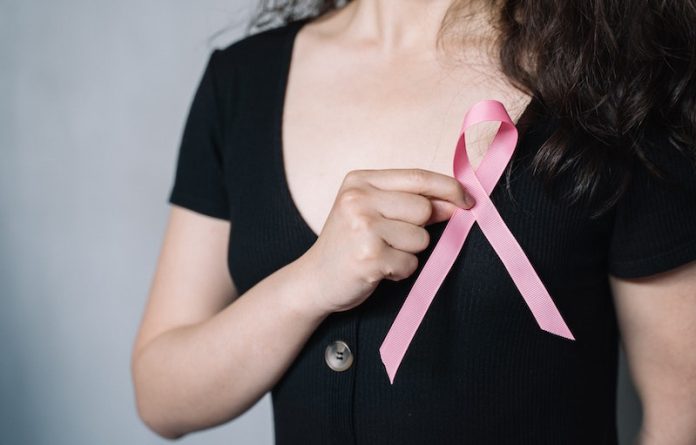
Cancer is a disease that affects many people worldwide. It is caused by the uncontrolled growth of abnormal cells in the body.
Breast cancer is a type of cancer that affects the breast tissue and is the most common type of cancer in women. It is important to find ways to prevent breast cancer and treat it effectively.
One way that researchers have been studying is through diet and dietary components.
Some foods and nutrients have been found to play a direct role in preventing cancer, including breast cancer.
In particular, vitamin E has been linked to tumor suppression pathways, which are related to things like the growth and spread of cancer cells.
To learn more about the effects of vitamin E on breast cancer, researchers performed a systematic review with a meta-analysis.
This means that they looked at many different studies on the topic and combined the results to get a better overall picture of the effects of vitamin E.
The researchers looked at studies that were published in various electronic databases, including PubMed, Science Direct, Scopus, and Web of Science.
They found 22 articles that were relevant to their study, and they were able to perform a meta-analysis on nine of these articles.
After analyzing the data, the researchers found that there was no significant association between consuming total vitamin E and the risk of breast cancer.
They also found that vitamin E supplementation did not have an impact on breast cancer risk.
However, they did find that consuming vitamin E was inversely associated with breast cancer recurrence in the control group.
This means that those who consumed more vitamin E were less likely to experience a recurrence of breast cancer.
Unfortunately, the researchers did not find any significant results regarding dietary or supplemental vitamin E intake and breast cancer risk reduction.
Overall, the researchers concluded that vitamin E consumption may be beneficial in reducing the risk of breast cancer recurrence.
But it does not appear to have a significant impact on breast cancer mortality or the risk of developing breast cancer in the first place.
It is important to note that this study is just one piece of the puzzle in understanding the role of vitamin E in breast cancer prevention and treatment.
More research is needed to fully understand the effects of vitamin E and other dietary components on breast cancer.
Breast cancer prevention is an important aspect of overall health, and there are several things you can do to reduce your risk of developing breast cancer. Here are some strategies that may be helpful:
Maintain a healthy weight: Being overweight or obese can increase your risk of breast cancer, especially after menopause. Therefore, it is important to maintain a healthy weight through regular exercise and a balanced diet.
Stay physically active: Exercise has been linked to a reduced risk of breast cancer, so it is important to stay physically active.
Aim for at least 30 minutes of moderate-intensity activity, such as brisk walking or cycling, on most days of the week.
Limit alcohol consumption: Drinking alcohol increases the risk of breast cancer, and the risk increases with the amount of alcohol consumed. Therefore, it is recommended to limit alcohol consumption to no more than one drink per day.
Don’t smoke: Smoking has been linked to an increased risk of many types of cancer, including breast cancer. Quitting smoking is one of the best things you can do for your health.
Breastfeed: Breastfeeding has been linked to a reduced risk of breast cancer, so it is recommended to breastfeed for at least six months.
Get screened: Regular breast cancer screening can help detect cancer early when it is most treatable. Women should talk to their healthcare provider about when to start and how often to get mammograms.
Know your family history: Women with a family history of breast cancer may be at higher risk, so it is important to know your family history and discuss it with your healthcare provider.
By adopting these healthy habits, you can reduce your risk of breast cancer and improve your overall health and well-being.
The research was published in Clinical Nutrition ESPEN and was conducted by Victor Alves de Oliveira et al.
Copyright © 2023 Scientific Diet. All rights reserved.








